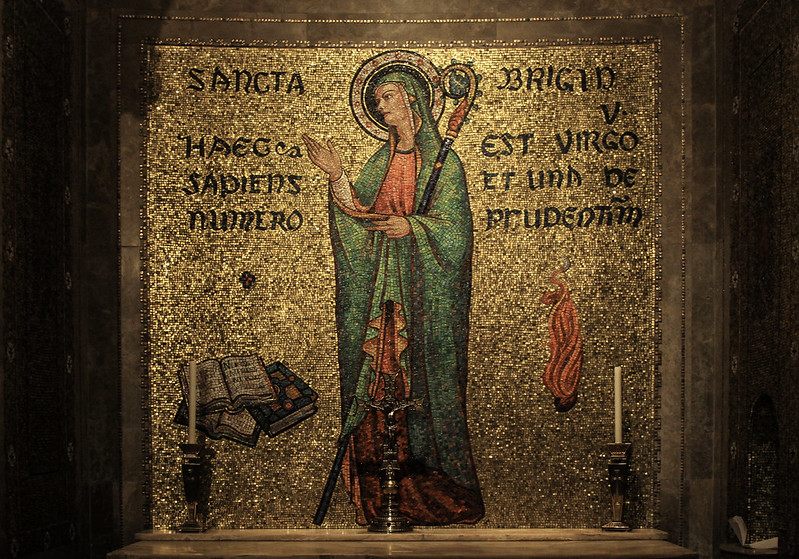The French bishops’ conference (CEF) has fully backed non-ritual blessings for “irregular” couples, saying this respects both Church teaching about traditional marriage and the fact that Jesus preached “an unconditional and merciful welcome” for all.
The conference’s permanent council, led by CEF president Archbishop Éric de Moulins-Beaufort of Reims, said the declaration Fiducia Supplicans by Pope Francis was “an encouragement to pastors to bless generously the people who come to them humbly asking for God’s help”.
By giving these spontaneous and non-ritual blessings, “ministers of the Church will be able to demonstrate this broad and unconditional welcome”, they said. Their statement pertained both to people in same-sex relationships and divorced people living in a new couple.
The 10-member permanent council issued the statement on 10 January, over a week after nine bishops of the ecclesiastical Province of Rennes, which roughly covers the historic region of Brittany, backed the declaration.
The Rennes bishops added the restriction that priests should explicitly bless two individuals to avoid signalling Church approval of “irregular” couples.
Their statement on 1 January came four days before a Vatican clarification that urged priests to give the blessings simply, without a liturgical ritual, but continued to speak more in terms of couples. However, an example blessing outlined in the clarification did specify that it “concludes with the sign of the cross on each of the two persons”.
“This is why it is appropriate to bless spontaneously, individually, each of the two people forming a couple, whatever their sexual orientation, who request the blessing of God with humility and with the desire to conform more and more to his holy will,” they said.
It said the declaration “does not explain the reasoning which makes it move from ‘persons’ to ‘couples,’ a term absent” from its earlier argument.
Fr Frédéric Foucher, diocesan administrator in Laval until a new bishop is named, was the tenth signatory to the statement. The national bishops’ conference has to date not issued any reaction while several diocesan bishops have advocated individual blessings in their comments.
After protests, a local newspaper altered its initial online headline saying the Church in Brittany could bless same-sex unions. “I’m not blessing a situation, I’m blessing people,” explained Bishop Denis Moutel of St Brieuc.
An outspoken conservative, Bishop Marc Aillet of Bayonne, Lescar et Oloron in southwestern France, also stressed blessings for individuals only and praised the declaration’s emphasis on taking a pastoral approach.
But he added that priests should “clearly tell them the Truth that the Church teaches about their situation.”
In Belgium, Bishop Johan Bonny of Antwerp welcomed the reform of Church practice even if did not go as far as he would like. “The Church must go step by step,” he said.



 Loading ...
Loading ...